Television in the UK is on the cusp of a transformative era, and Freeview, the service that provides free-to-air channels to millions, finds itself at the heart of this change.
A consultation published this week by Ofcom, the UK’s communications regulator, is stirring the pot, asking probing questions about the financial sustainability and long-term relevance of traditional TV platforms like Freeview.
Could this be a sign that Freeview’s days are numbered, or is it an opportunity for the service to evolve?
Adding to the intrigue is the upcoming launch of ‘Freely,’ a broadband-based live TV service set to debut in 2024. Developed by Everyone TV, the same consortium behind Freeview and Freesat, this new service could serve as a blueprint for free-to-air TV’s future.
Meanwhile, the disappearance of popular Freeview recorders from the market raises questions about the features consumers might have to sacrifice as we move towards a more internet-centric model of TV consumption.
The answers could reshape how we all watch TV – so let’s take a closer look at the questions.
Ofcom’s Consultation Explained
When we talk about Ofcom’s role in the future of Freeview (and Freesat), it’s important to understand what a “consultation” actually is.

In simple terms, a consultation is a process where Ofcom seeks opinions from the public and industry stakeholders about potential changes in regulations or services.
It’s a way for the regulatory body to gather evidence and viewpoints that can inform its decisions.
So, when Ofcom releases a document like this week’s “Call for Evidence on the Future of TV Distribution,” it’s essentially asking for input on how TV is being consumed today and how it might be consumed in the future.
Typically, those who respond to these types of consultations are public broadcasters, pay-TV companies, advertisers, various stakeholders and even private citizens.
The consultation document is quite comprehensive, covering a range of topics that could have a direct impact on the future of Freeview.
One of the key areas of focus is the financial sustainability of TV distribution platforms like Freeview.
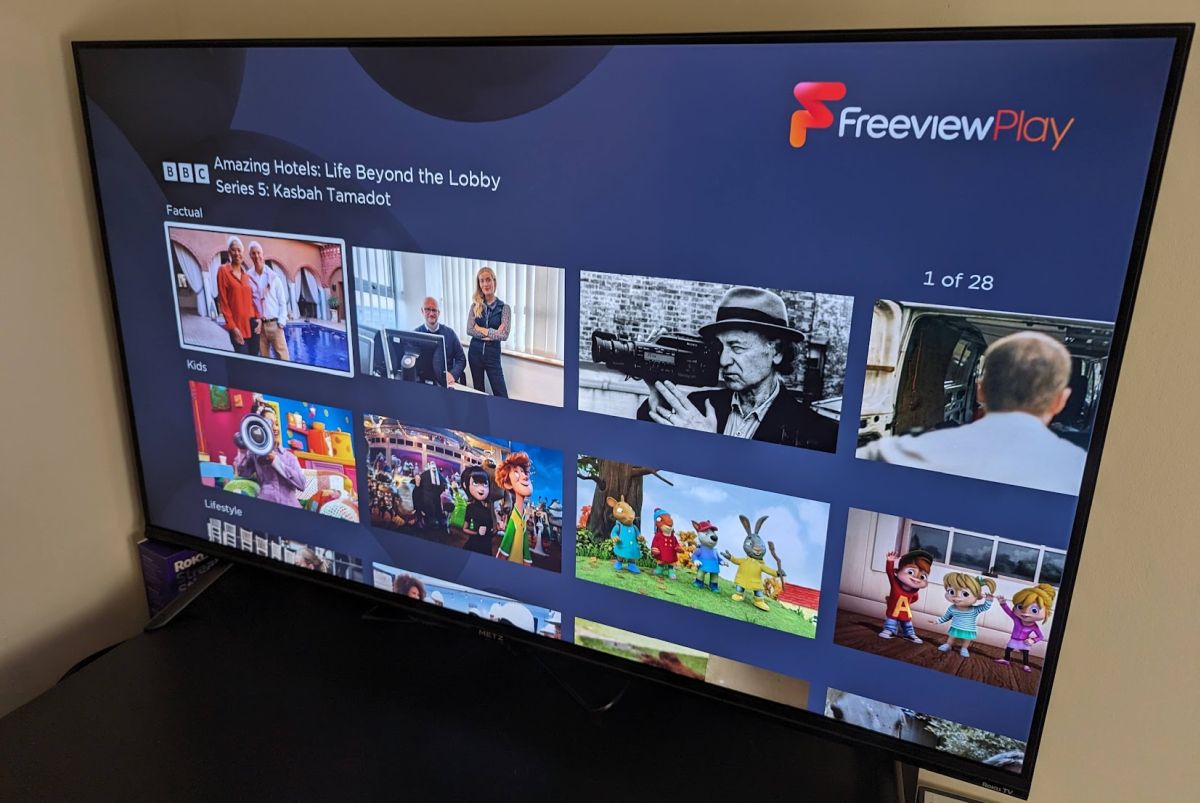
Ofcom is keen to understand whether the current models are economically viable in the long term, especially as more people shift towards internet-based platforms for their viewing needs.
Another significant point raised in the document is the potential for ‘hybrid’ services that combine terrestrial and internet-based TV.
Ofcom is exploring whether such services could offer a middle ground, providing the benefits of both traditional and online platforms.
This could be particularly relevant for consumers who are not yet ready to fully transition to internet-based TV (either because their broadband isn’t fast enough, or because of technical understanding) but are looking for more flexibility in how they consume content.
Freeview’s Future: Reading Between The Lines
While Ofcom’s consultation document is not a definitive policy statement, it does offer several clues that can be interpreted as hints about the possible future of Freeview and Freesat.

The very fact that Ofcom is seeking evidence on the long-term role of Digital Terrestrial Television suggests that its future is not set in stone.
The consultation specifically asks for input on what the role of DTT should be beyond 2034, when the current national multiplex licences are set to expire.
This could mean that Ofcom is considering whether Freeview, in its current form, will continue to be relevant in the years to come.
Another telling point is the focus on the financial sustainability of TV distribution platforms like Freeview.
With the rise of streaming services and the increasing costs of maintaining terrestrial broadcasting infrastructure, Ofcom seems to be questioning whether the traditional Freeview model is economically viable in the long term.
This could be a significant hint that changes may be on the horizon, especially if the consultation reveals that Freeview is struggling to compete financially with internet-based platforms (with many of them owned by huge American companies).
It may hint at a future where the public broadcasters (like the BBC and ITV) are still very much with us – but using other platforms (mainly broadband) to reach our homes, instead of aerials and satellites.
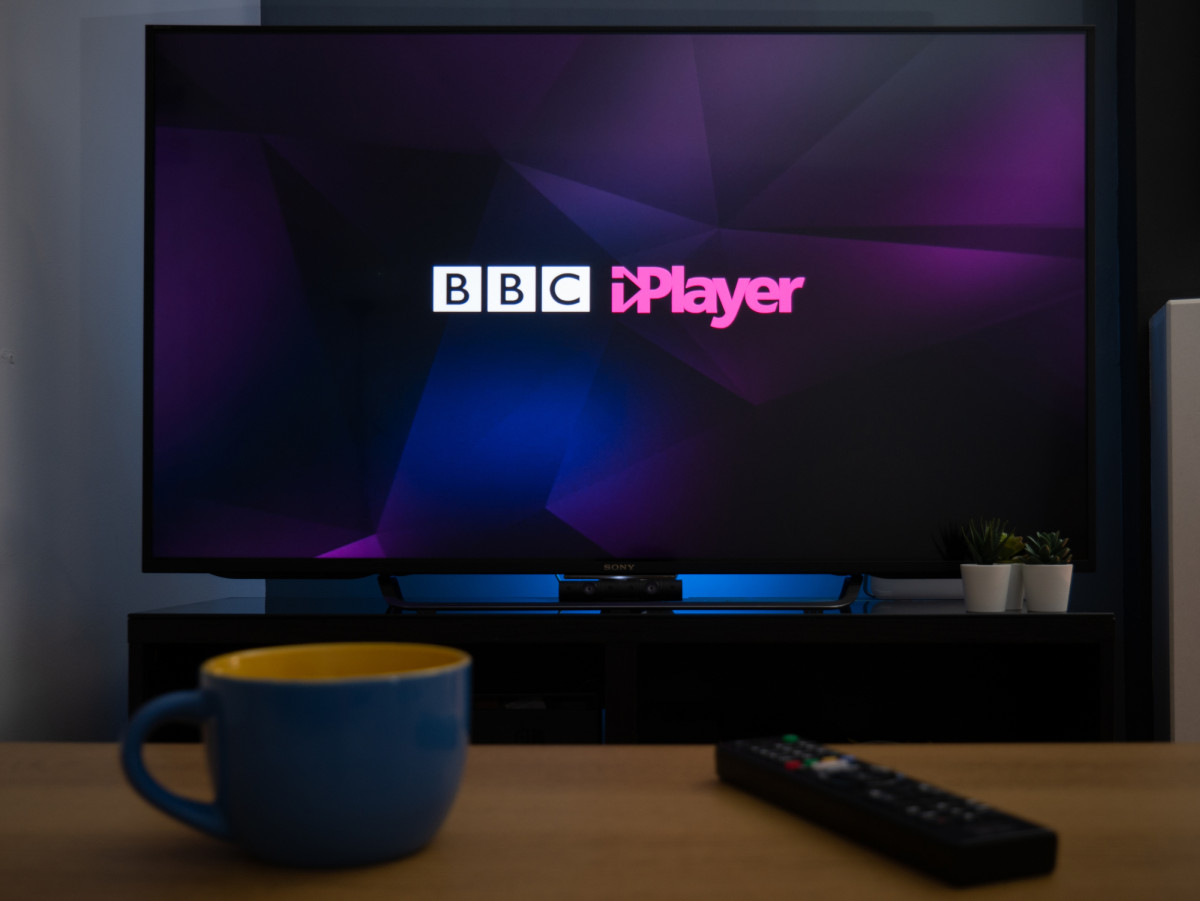
The consultation also explores the possibility of ‘hybrid’ services that combine both terrestrial and internet-based TV.
This suggests that Ofcom is open to the idea of a more flexible TV distribution model that incorporates elements of both traditional and online platforms – maybe as a middle-stage.
For Freeview, this could mean a transition towards a more internet-centric service, perhaps something along the lines of the upcoming ‘Freely’ service, which aims to deliver live TV over broadband.
Lastly, the involvement of the Department for Culture, Media and Sport (DCMS) indicates that the government is also taking an active interest in the future of Freeview.
The DCMS has asked Ofcom to review market changes affecting DTT and other platforms, which could lead to significant policy changes down the line.
The Rise of ‘Freely’
The upcoming launch of ‘Freely’ in 2024, and the dwindling availability of Freeview recorders in the UK, are two seemingly disparate events that could actually be interconnected, especially when viewed through the lens of Ofcom’s recent consultation.
‘Freely,’ as we previously reported, is a new service being developed by Everyone TV (the body that operates Freeview and Freesat).
It aims to deliver live TV over broadband, essentially bringing the Freeview experience to the internet. This is a significant development, as it could serve as a blueprint for how Freeview might evolve in the future.
The disappearance of Freeview recorders from the market, such as the Manhattan T3-R and the Humax FVP-5000T, adds another layer to this narrative.
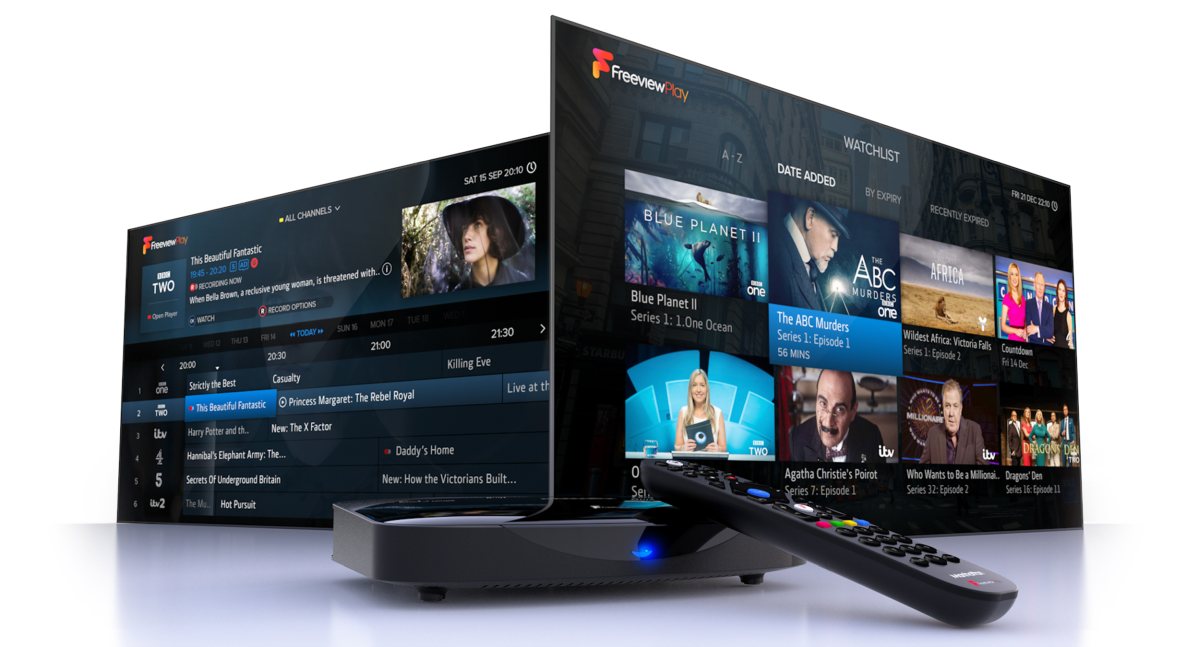
These devices have been popular for their ability to record live TV, a feature that is currently missing from most streaming services, including the proposed ‘Freely.’
The scarcity of these devices and the inflated prices for remaining stock (while many eagerly wait for the delayed release of the Manhattan T4-R), could be indicative of a market that’s in transition.
It might be a sign that manufacturers and broadcasters are shifting their focus towards internet-based platforms, which aligns with some of the questions raised in Ofcom’s consultation.
Ofcom’s exploration of ‘hybrid’ services that combine terrestrial and internet-based TV could be particularly relevant here.
If Freeview were to evolve into a more internet-centric service, it could potentially incorporate features from both traditional Freeview and upcoming services like ‘Freely.’
This would align with Ofcom’s interest in understanding the financial sustainability of TV distribution platforms.
If Freeview can successfully transition to a more internet-based model, it might find a new lease of life in a landscape increasingly dominated by streaming services.
But while the big broadcasters like the BBC and ITV focus on their huge streaming services (iPlayer and ITVX), where does that leave smaller channels that only thrive on Freeview and Freesat these days?
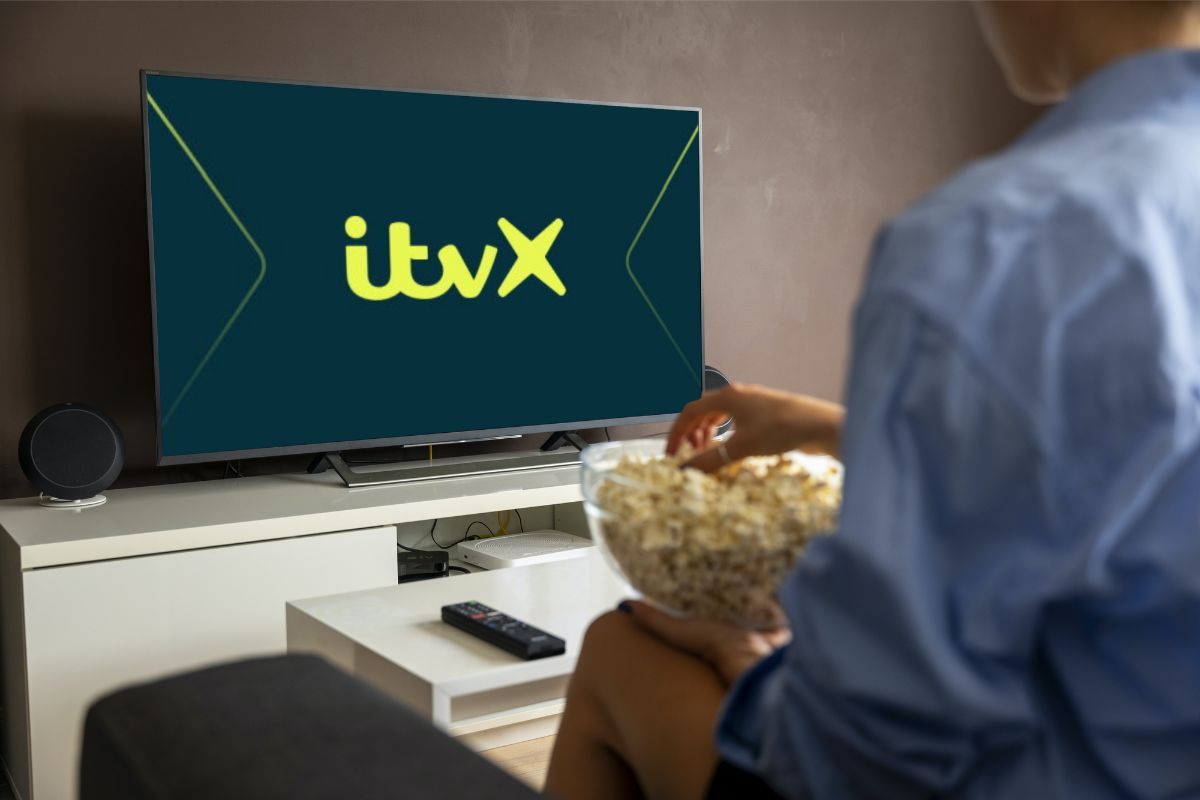
Will they be able to survive the costs of switching to streaming – where they’re just one channel among hundreds and even thousands of free, ad-based streaming channels?
Looking Ahead
For the time being, and the next few years at the very least, Freeview is very much here to stay, and its fans should not be immediately worried.
However, as the landscape of television consumption in the UK is undergoing a seismic shift, Freeview and Freesat find themselves at the heart of this transformation.
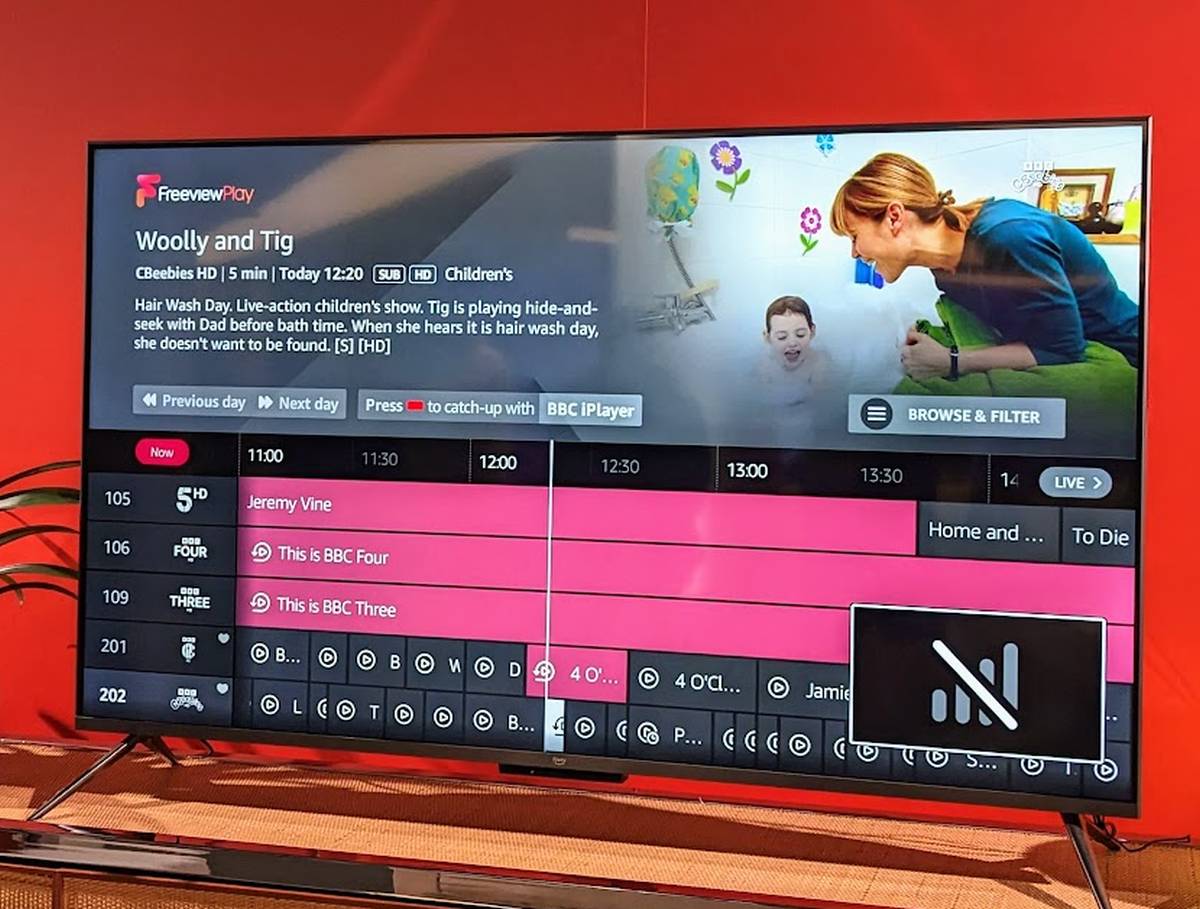
Ofcom’s recent consultation, the dwindling availability of Freeview recorders, and the upcoming launch of the ‘Freely’ service all point to a future where traditional broadcasting may give way to internet-based platforms.
This raises critical questions: Will Freeview adapt to become a more internet-centric service, and what will happen to smaller channels that currently rely on the platform?
As we await the outcomes of Ofcom’s consultation and the launch of ‘Freely,’ the future of Freeview hangs in the balance.
For more news and updates on TV, Subscribe to our free newsletter.
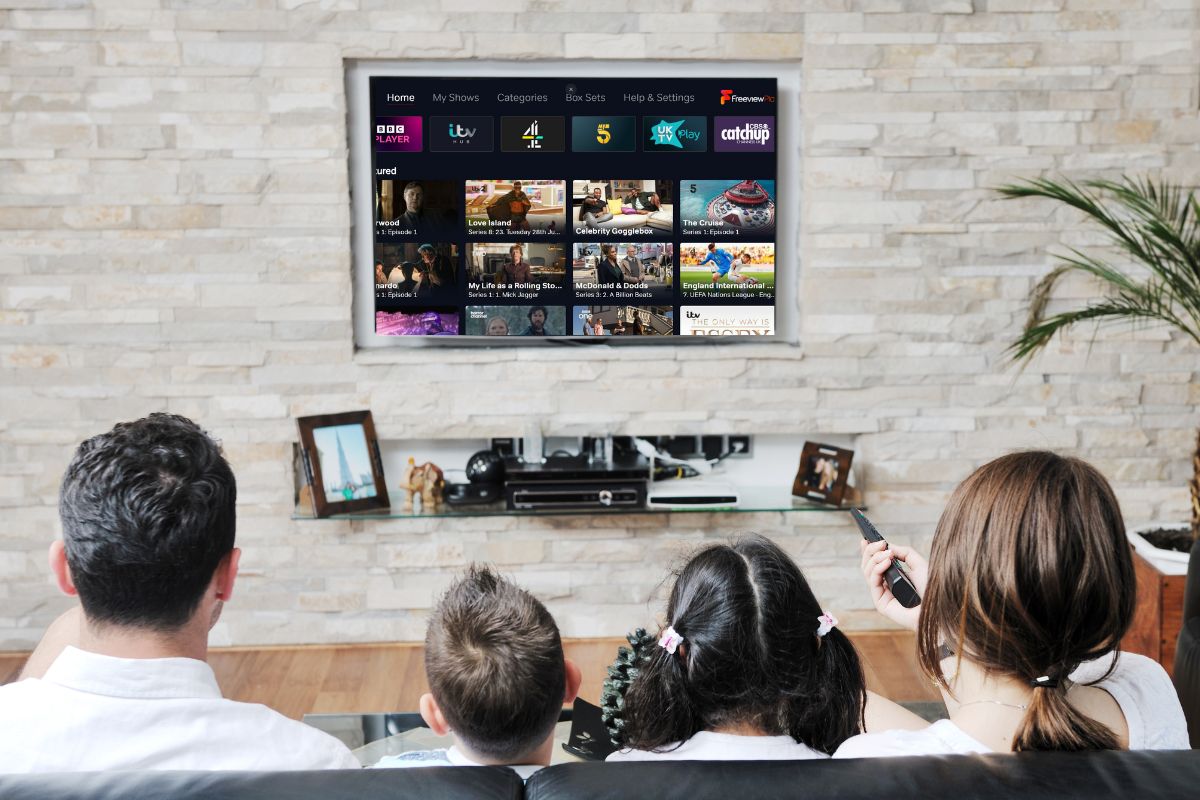
I hope Freeview lasts as long as possible because the rise and dominance of American media companies will just degrade the quality of UK viewing even more. I haven’t visited the USA for a few years now but I do have a lasting memory of the poor quality of the TV and radio stations, the intrusive adverts were very off putting.
Here I have subscribed to Netflix and Amazon prime in the past but gave them up because I didn’t think they were worth the money each month. I’ve got a Humax and I’ve got programmes on there that I recorded months ago which I haven’t got around to watching yet so as I say I hope “free-to-air” stays around for as long as possible.
It’s all very well moving everything over to Broadband, but we all know that our internet connection can go down at any time or become flaky. Especially in more remote locations. It will force people into taking on more expensive faster BB packages and it will degrade the quality of your connection as more people around you access it. At least with over the air channels you don’t have these concerns.
I just see a future of hundreds of channels filled with annoying advertising, offering poor quality content, taking up more of our bandwidth and costing households even more money for the privilege.
Can get full 1080p quality picture on BBC HD freeview along with 5.1 surround sound on most movies and some programs. Most BBC iPlayer programs are 720p and 5.1 surround no where to be heard even with high speed fiber.
And you don’t think this might change? It is long overdue for an upgrade, your right there.
What about people who want to record different programmes when watching another, plus if you go on holiday and don’t want to miss your soaps or whatever, a lot of people are not all tech savvy and want a recording box.
Program makers, in particular the big movie studios have never liked the fact that you can record “off air” then keep the program indefinitely. Not unsurprisingly, they see this as obtaining their product without paying for it. Hardly any different from buying a “pirate” DVD from your mate in the pub. Strictly speaking, you are only allowed under copyright law to keep a program recorded for “time shifting” purposes for a maximum of a month. A technical point of copyright law that is effectively unenforceable. By not allowing home recording at all, time shifting must be on their terms, via catch up services, or not at all.
IPlayer as one example regularly deletes BBC News programs like News at 10 after 24hrs so much news output is simply unavailable after that period. Thankfully catch up services like Giniko in the US gives subscribers access to BBC news programs for several days after it has been deleted from iPlayer and it is accessible from anywhere in the world including on a Roku stick unlike iPlayer which is available only in the UK.
If your streaming you can watch as many shows as you like that were broadcast at the same time. One also assumes there will be some reasonable amount of time such shows will be available for viewing after broadcast, 30 days or more. That would satisfy most people’s time-shifting worries. Recording is a thing of the past, watch this space!
The service “freely” surely is a safety net for the BBC, because if you have this app with all channels under one roof then you have access to live TV so license would be needed. It’s A TRAP!!!
It’s all very well having hundreds of channels but what is going to be on them? A look through any listing magazine shows lots of repeats and plus one channels but not a lot of original, quality programmes. As has been said before, ” so many channels, so little to watch.”
Exactly, Jerome. While technical standards may have improved, (no more wobbly sets in popular TV series), standards of script writing etc. have declined as talent, and the budget to pay for it, is spread ever thinner across more and more content producers.
That is why a weakened BBC is a bad thing. Now it’s not going to affect the vast majority of trash channels as they pull their content from their or their owners archives but if the Beeb output is hobbled by piling on ex-government work and also hasn’t been allowed to increase its income in line with inflation it all means less money to spend (presenters salaries are a non-story) and less money to spend means lower quality and do you think the others are going to raise quality by spending more, not likely, they will do as little as they can to ensure more profit. It may be the in thing politically to slam the bbc but killing it will hurt us all….see you in 10 years to say….oh, it was so much better in my day! Right?!
Can anyone explain to me why the BBC/ITV/etc spent so much time and effort getting us to sign up to BritBox only for ITV to start pulling shows from it to make them only available on the subscription version of ITV X?
I feel conned and dubious about more streaming services from the existing big players.
ITVX essentially replaces Britbox. I’m not sure how you’re being conned you’re just moving from one premium service to another and you’ll have access to more content on the new one. That doesn’t seem an unfair deal.
Both OFCOM and the DCMS need to consider why, when the BBC already has Britbox, the subscription service, why the antiquated TV Tax is still being collected? Surely the BBC will raise far more money by offering Britbox worldwide and abolishing the TV Tax? The TV Tax is not the BBC’s only source of income, as they also operate commercial TV channels and recieve donations from the European Union. As another person pointed out, the abolishment of the TV Tax would allow people to better personanlise their home entertainment in the 21st Century, and make them less inclined to pay mere TV presenters over £1,000,000 a year!
Looking between the lines of questions asked in consumer surveys about TV consumption, I get the impression that streaming providers are looking for ways to get the last remaining “refusniks” to move away from free to air and subscribe to their services. Of course if there is no free to air service, we will have no choice. I suspect that there will be a move towards internet only delivery over the next decade or so, in tandem with the roll out of fast fibre internet to the majority of the population.
In these times of concern about energy consumption, I also wonder how the use of powerful radio transmitters to beam out signals using anything up to several 100’s of kilowatts to fewer and fewer receivers can continue to be justified.
I know many older people who would stream if the licence was abolished because they could then use the money on broadband
Over the years there have been many changes in tv from broadcasting standards ie 405 to 625 lines then digital, screen sizes have increased (our first tv was a 12 inch black and white baird) but with every move forward, there has to be a time for the public to adjust and go out and purchase the required tech. I remember when video recorders came out 2 formats vhs or betamax the one that won was vhs although betamax offered better quality it came down to price. The truth is although it will take time to adapt and change consultation is good, this gives manufactors time to adjust to new standards and make the tech, but, they do need to know the details, youview was supposed to be the future all combining live tv and iptv tastes can change very quickly.
Freeview reception hasn’t been as good since it lost some frequencies to 5G last year. It’s more vulnerable to unseasonal weather.
3 formats philips 2000, you could record both sides. The better system in my opinion.